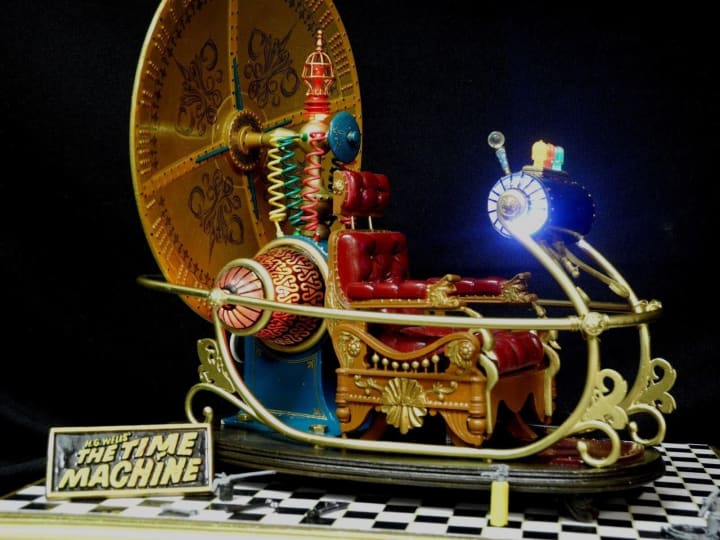It was an Innocent BBQ
A short flick eliminates the dreary length of indigenous/aboriginal stories without losing any of the flavor.

While a number of countries have indigenous populations that have been downtrodden, films about what reconciliation movements suffer only from the length required to impart an individual’s fullsome story. “Where the Spirit Lives” or “Rabbit Proof Fence” both have very compelling stories and take the time those stories require. But how can we gain perspective offered with by in-depth personal examples in a succinct way that gains our respect? Don Featherstone seems to have directed one such film.
In less than half an hour, “Babakiueria” takes you from having an innocent family barbecue to, well, a downtrodden and marginalized people. But it’s as subtle as the past hundred years have been in North America, Australia, and New Zealand and you will hardly notice it because you follow a journalist capturing events and perpetuating odd ways of thinking throughout.
“Babakiueria” is captivating, it’s palatable to a modern mindset, and I would recommend this film to all even if it is the only film on the subject that you ever see. Why? because, as they say, you’ll get it.
What I find quirky is “Babakiueria” works on everyone, no matter your background. I was made starkly aware of this when I showed a different movie, “Guess Who”, to college students in China. When asked for their impression of that movie, featuring a white boy marrying into a black family in the USA after Y2K, they were surprised that racism went in the other direction, too.
To stay on point, “Babakiueria” will not teach you how to not ignore yourself, but it will give you lots to think about if you are primed.
What kind of thoughts and questions will you have throughout as you watch “Babakiueria”? Well, as far as thoughts go, those will get jostled around a little, regardless of what is already in your mind, so I will leave you with those. In terms of questions, you will be faced with a number of the typical ones that will cross the human mind upon reflection of an identity going back several millennia subject to a story a whopping three centuries old now.
If I may digress ever so briefly, this movie is very similar to a blanket ceremony. It involves a story read aloud in parts. Between parts you move to stand in a different location with a different blanket, each roughly the size any child could call their own. You then think a little in each location with those blankets acting as symbols, which change in meaning over the course of the story.

Returning to the story at hand, if I were to frame your mind quickly before watching the film I offer you two questions that I learned from a negotiation workshop.
Question 1: Are you coming from a position or from values? For example, there is you and somebody else. Each of you has an object. Person A wants Person B’s object, but Person B cannot give up their object. Negotiate.
This is called positional negotiating. Kinda impossible to make things happen. Now contrast that with the following:
“It’s almost lunch and we’re hungry, let’s just swap objects for ten seconds and then head on outta here, what do you say?”
This is value-based negotiating. Who cares what your position is! What are your values and how can those be met for both sides?
Question 2: Is your view of the other side based on a fixed image (stereotypical or not) generated in the past? In another article I wrote, I touched on identity (a noun) being a fixed image based in the past whereas identifying (the verb) is how you are living your life based on various influences, including the culture you grew up in (or didn’t). If you are stuck in the past, then you cannot make progress because you are trying to change something that cannot be changed.

If you are stuck (with images) in the past, you will never get where you want to be. If you ignore the other side, you will never get there either. In the removal of ignorance, you can let positions in the past remain in the past while knowing what kind of future we need to create together.
Anyway, enough about the virtues of negotiation strategies. Go to a BBQ area (pronounced bah-bah-k-way-rrria) and enjoy the sizzles of life.
-------------------------------------------------------------------------
If you’ve really liked what you’ve read, please share with your friends (email, text, or social media). As always, feel free to check out other things I have written here on Vocal.
Thank you!
About the Creator
Richard Soulliere
Bursting with ideas, honing them to peek your interest.
Enjoyes blending non-fiction into whatever I am writing.






Comments
There are no comments for this story
Be the first to respond and start the conversation.